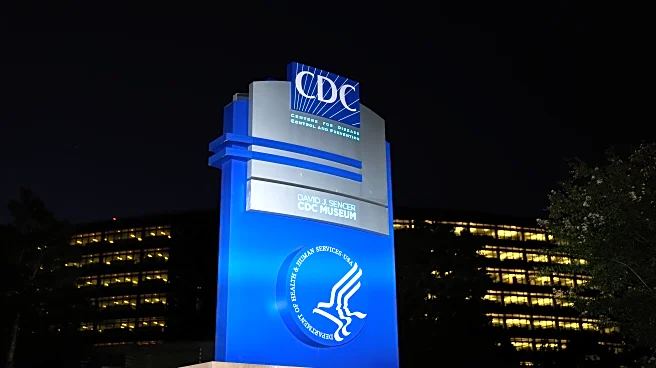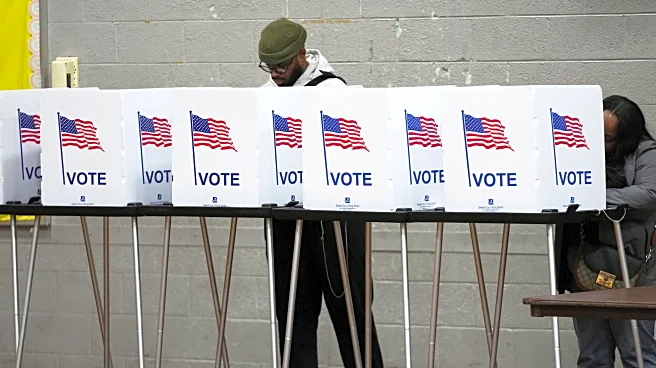Rapid Read • 8 min read
Recent analysis of NHS talking therapies in England reveals that individuals aged 16 to 24 experience less benefit from these treatments for anxiety and depression compared to those aged 25 to 65. The study, conducted by Argyris Stringaris and colleagues at University College London, utilized data from over 1.5 million therapy users between 2015 and 2019. Results indicated that symptom improvement was about 35% for the younger group, compared to 41% for the older group. Additionally, younger individuals were 20-25% less likely to be considered recovered or to achieve significant improvement. Factors such as generational differences in social media impact and session attendance may contribute to these disparities.
AD
The findings highlight a potential gap in mental health services for younger adults, suggesting that current therapy models may not adequately address their needs. This could have implications for public health policy, as mental health issues often begin in adolescence. Tailoring therapy approaches to better suit younger individuals could improve recovery rates and overall mental health outcomes. The study underscores the importance of adapting mental health services to accommodate the unique challenges faced by younger populations, potentially influencing future healthcare strategies and resource allocation.
The study calls for further investigation into the factors affecting therapy outcomes for younger adults. Researchers and healthcare providers may explore personalized therapy approaches or alternative interventions to enhance effectiveness. Policymakers might consider revising mental health service frameworks to better support younger demographics. Continued research could lead to improved therapeutic techniques and increased awareness of the specific needs of younger individuals in mental health treatment.
The study raises questions about the broader societal influences on mental health, such as the role of social media and digital communication in shaping young people's mental well-being. It also prompts consideration of how cultural shifts and technological advancements impact therapy effectiveness. Understanding these dynamics could lead to more holistic approaches to mental health care that integrate social and technological factors.
AD
More Stories You Might Enjoy












